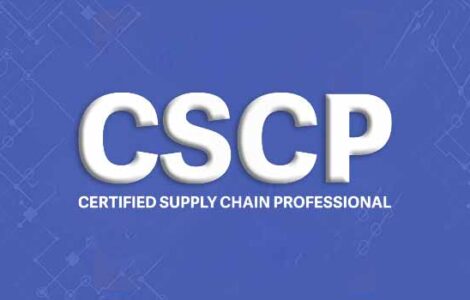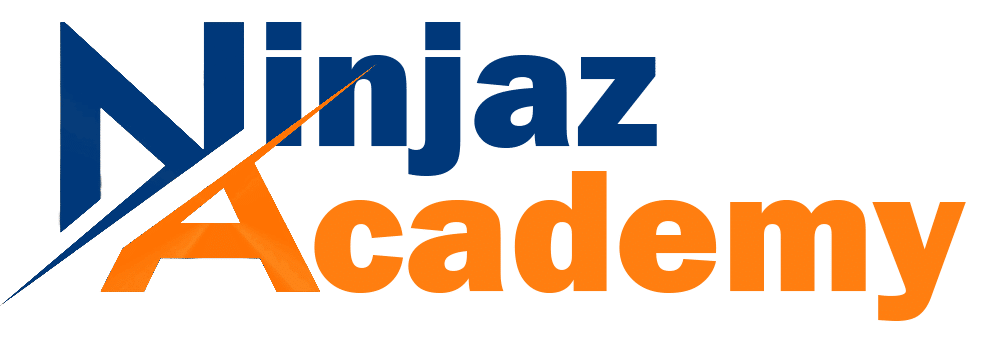
Certified Supply Chain Professional Training – CSCP
About This Course
With the advent of globalization, manufacturers now have the opportunity of reaching out to new customers in new markets, and of procuring raw materials from other countries. This increases competition and throws up fresh risks and challenges that must be addressed through efficient supply chain management.
It’s an increasingly complex world out there and the supply chain industry needs to keep up. Only the top talent can drive businesses to succeed in this competitive environment – and being a CSCP makes you one of them. With a CSCP Certification, you’ll gain valuable experience to effectively manage global supply chain efforts and implement essential concepts and strategies to improve day-to-day operations.
The APICS CSCP Certification arms you with end-to-end supply chain knowledge to help you and your business remain competitive in today’s economy. Boost your confidence in supply chain management and master the skills needed to bring new ideas to suppliers, plants, and distributors while improving customer satisfaction.
The Certified Supply Chain Professional is considered the most recognized educational program for operations and supply chain management professionals around the globe and is created to meet the rapidly changing needs of the supply chain industry. It encompasses all the operations throughout the supply chain and distinguishes you as a supply chain expert with highly specialized knowledge and skills.
Key Features:
Flexible Schedule
Tailor Made Training
24 x 7 Expert Support
Access to the Recorded Sessions
Course material prepared by SMEs
Get certified at an affordable price
40 Hours Instructor-led Online Training
Get key resources from Ninjaz Academy
Expert CSCP Certified instructors across the globe
CSCP sample papers to prepare for your certification exam
Learning Objectives
Requirements
- CSCP-approved candidates must meet ONE of the following eligibility requirements:
- 3 years of related business experience; OR
- Bachelor’s degree or international equivalent; OR
- Hold an active CPIM, CFPIM, CIRM, SCOR-P, CPM, CSM, CPSM, CTL, or CLTD credential.
Target Audience
- Supply Chain Managers
- Procurement Managers
- Transportation, Logistics, Distribution and Warehouse Managers
- Supplier Managers
- Distributor Managers
- Inventory Managers
- Manufacturing Managers
- Planning and Inventory Management Managers
- And, other professionals with responsibilities for supply chain




